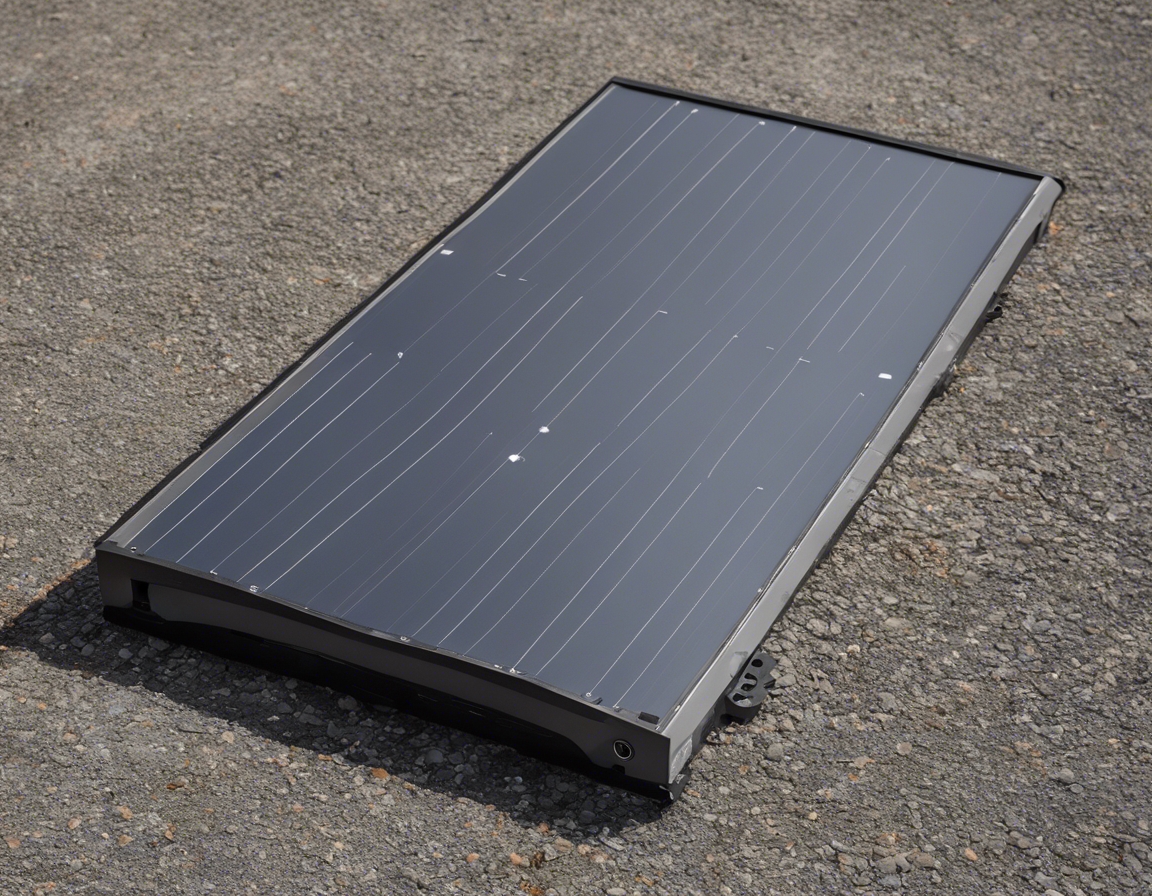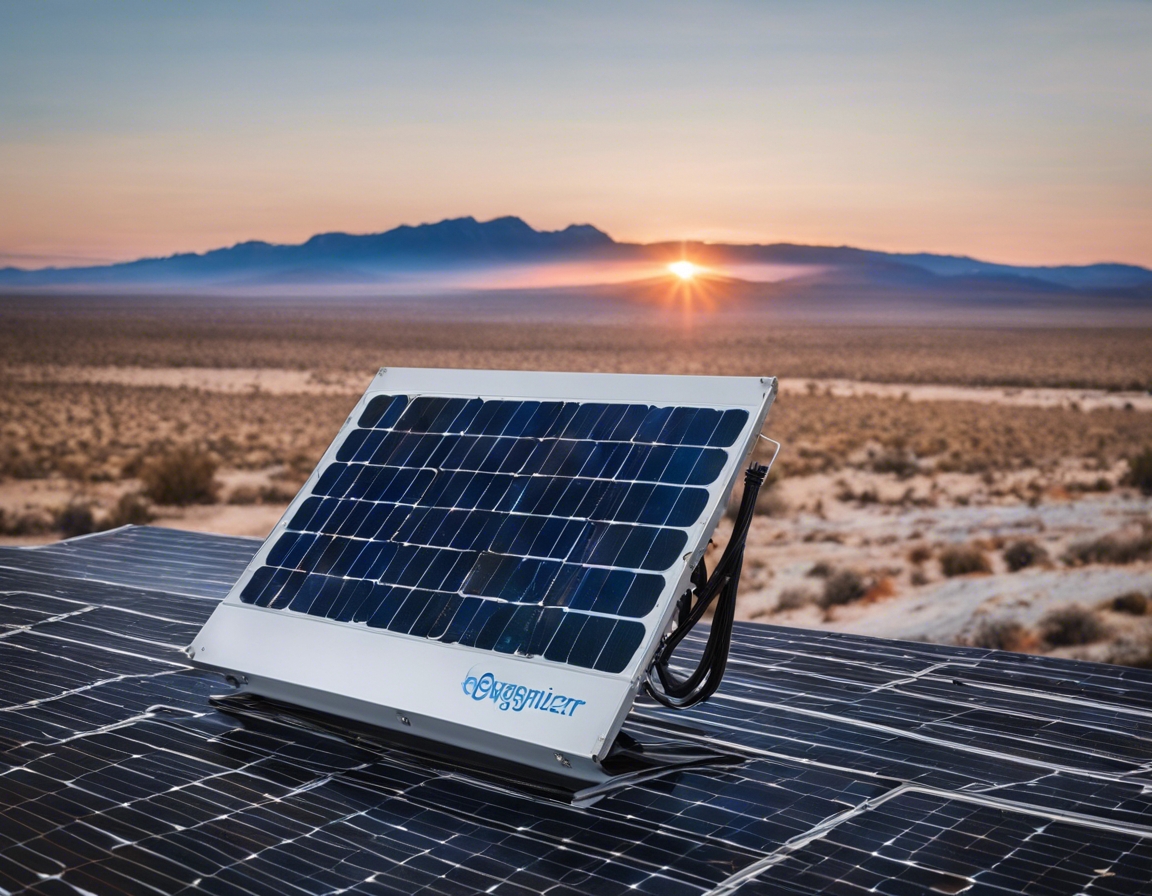The future of energy: how solar panels are changing the game
As the world grapples with the urgent need to transition to cleaner energy sources, solar power has surged to the forefront as a viable and sustainable solution. The sun provides a virtually inexhaustible supply of energy, and harnessing this power through solar panels is revolutionizing how we think about and use energy.
Solar energy offers numerous advantages, including reduced dependence on fossil fuels, lower greenhouse gas emissions, and the potential for lower energy bills. For homeowners and businesses alike, solar panels provide a path to energy independence and a hedge against rising utility costs.
Technological Advancements in Solar Panels
Recent breakthroughs in photovoltaic technology have led to solar panels that are more efficient than ever before. These advancements mean that solar panels can convert more sunlight into electricity, making them a more attractive option for a wider range of climates and locations.
The integration of solar panels with smart technology and the Internet of Things (IoT) is enabling more efficient energy management and monitoring. This allows users to optimize their energy usage and further reduce their carbon footprint.
Advances in battery storage technology are solving one of solar energy's biggest challenges: storing energy for use when the sun isn't shining. Modern battery systems can store surplus solar energy, providing a continuous power supply and enhancing the reliability of solar power systems.
Solar Panels and the Environment
By generating clean, renewable energy, solar panels play a crucial role in reducing the carbon footprint of individuals and businesses. This shift to solar energy is essential in the global effort to combat climate change and protect our planet for future generations.
Unlike traditional energy sources, solar panels have a minimal impact on the surrounding wildlife and ecosystems. They can be installed on rooftops or in areas with low ecological value, preserving natural habitats and biodiversity.
Economic Implications of Solar Energy
The cost of solar panel installation has decreased significantly over the past decade, making it more accessible to a broader audience. Additionally, many governments offer incentives and rebates to encourage the adoption of solar energy, further reducing the financial barrier to entry.
The solar industry is a major driver of job creation, contributing to the growth of the green economy. As the demand for solar installations grows, so does the need for skilled workers in manufacturing, installation, and maintenance roles.
Adoption of Solar Panels
For homeowners, solar panels offer a way to take control of their energy needs and reduce their reliance on the grid. Residential solar solutions are becoming increasingly popular as they become more affordable and user-friendly.
Businesses and industries are turning to solar energy to power their operations, reduce operating costs, and demonstrate their commitment to sustainability. Solar panels can be scaled to meet the energy demands of any size business, from small shops to large manufacturing facilities.
Community solar projects allow individuals who may not have the space or resources for individual solar panel systems to benefit from solar energy. By pooling resources, communities can build larger solar arrays and distribute the energy among participants.
Challenges and Considerations
While solar energy is abundant, it is not always available. Addressing the intermittency of solar power through technology like battery storage and smart grids is essential for a reliable energy supply.
Integrating solar energy into the existing power grid requires updates to infrastructure and new approaches to energy distribution. This is a complex challenge that involves coordination between utility companies, governments, and solar providers.





Comments (0)